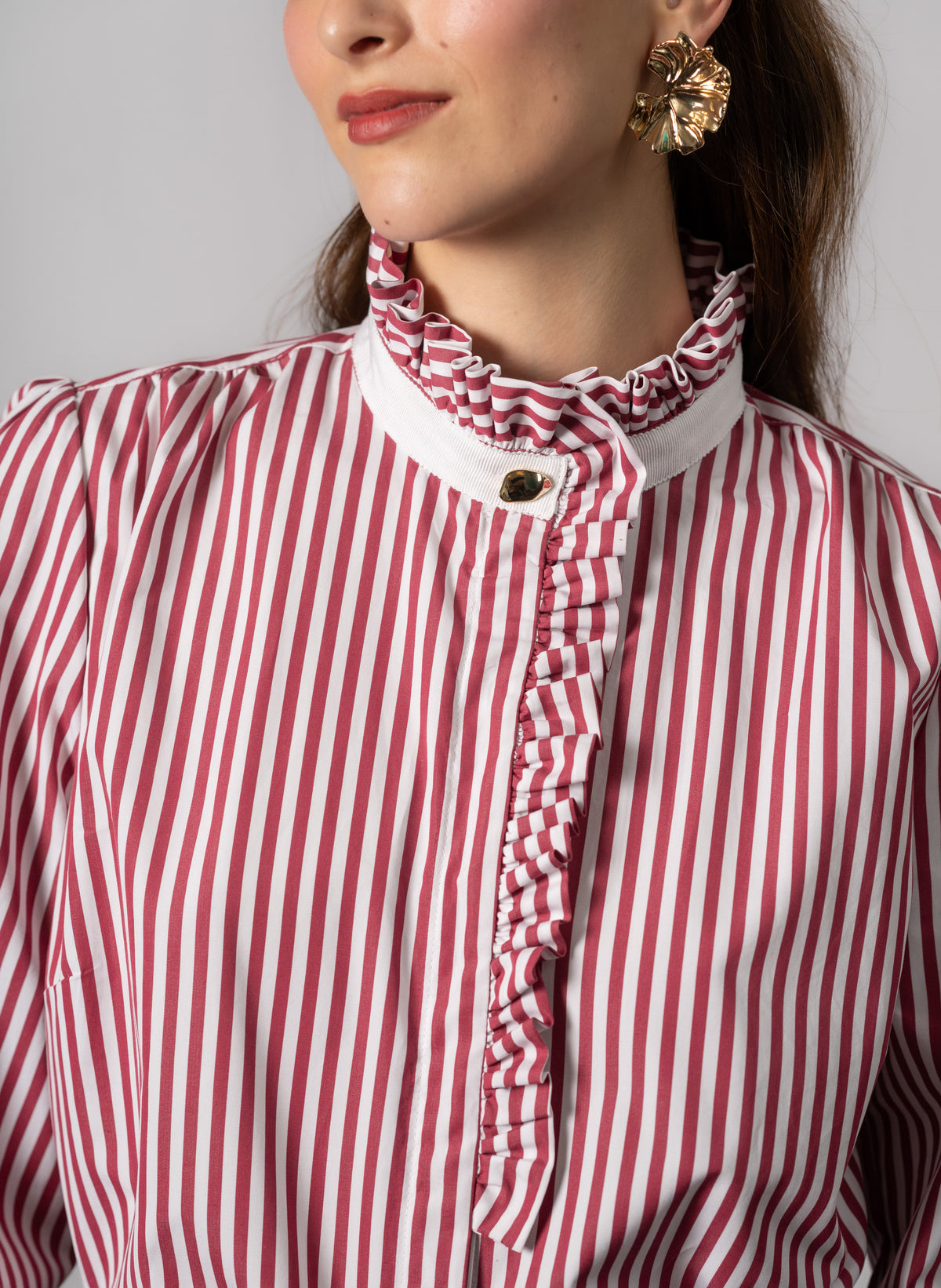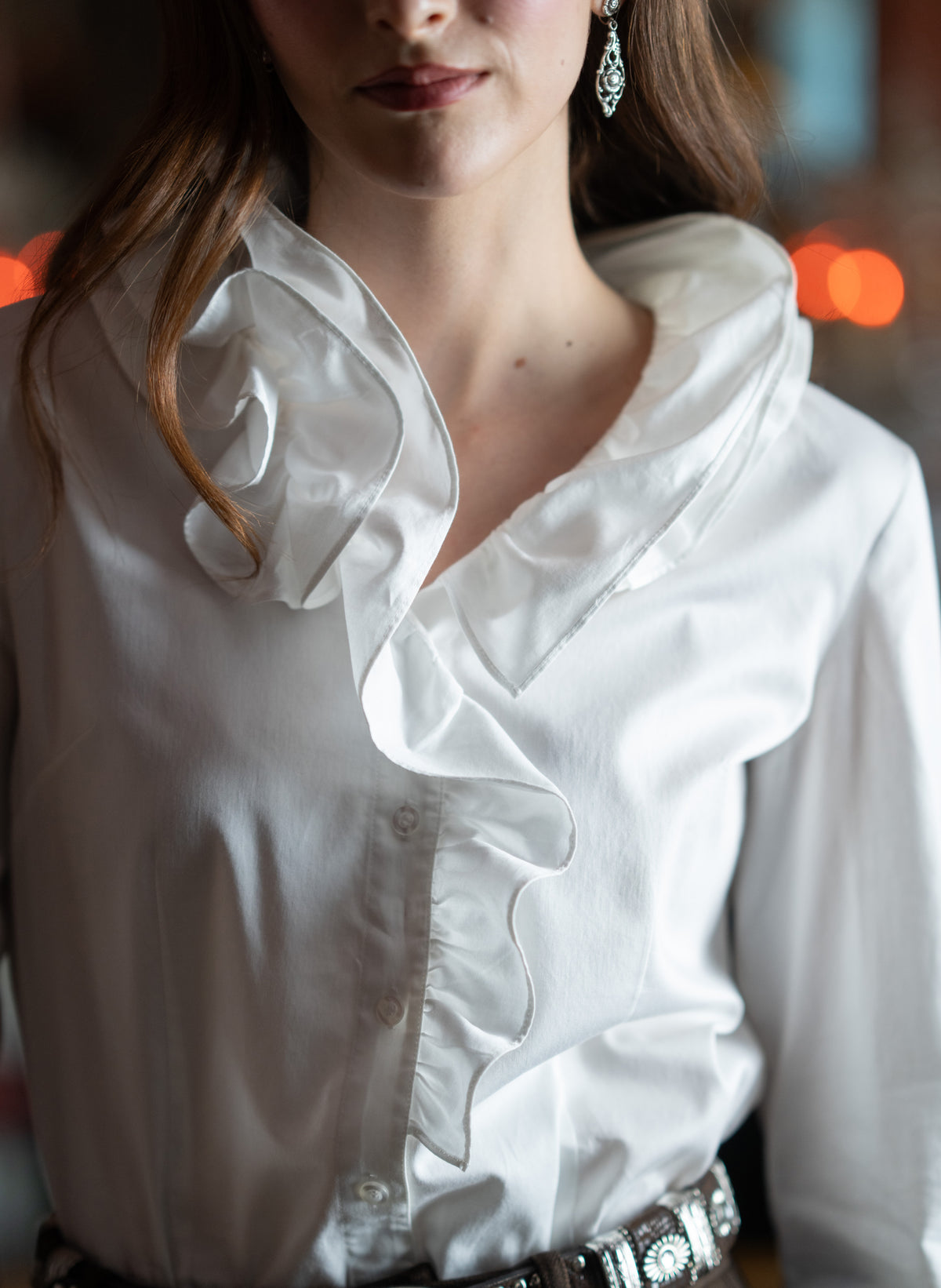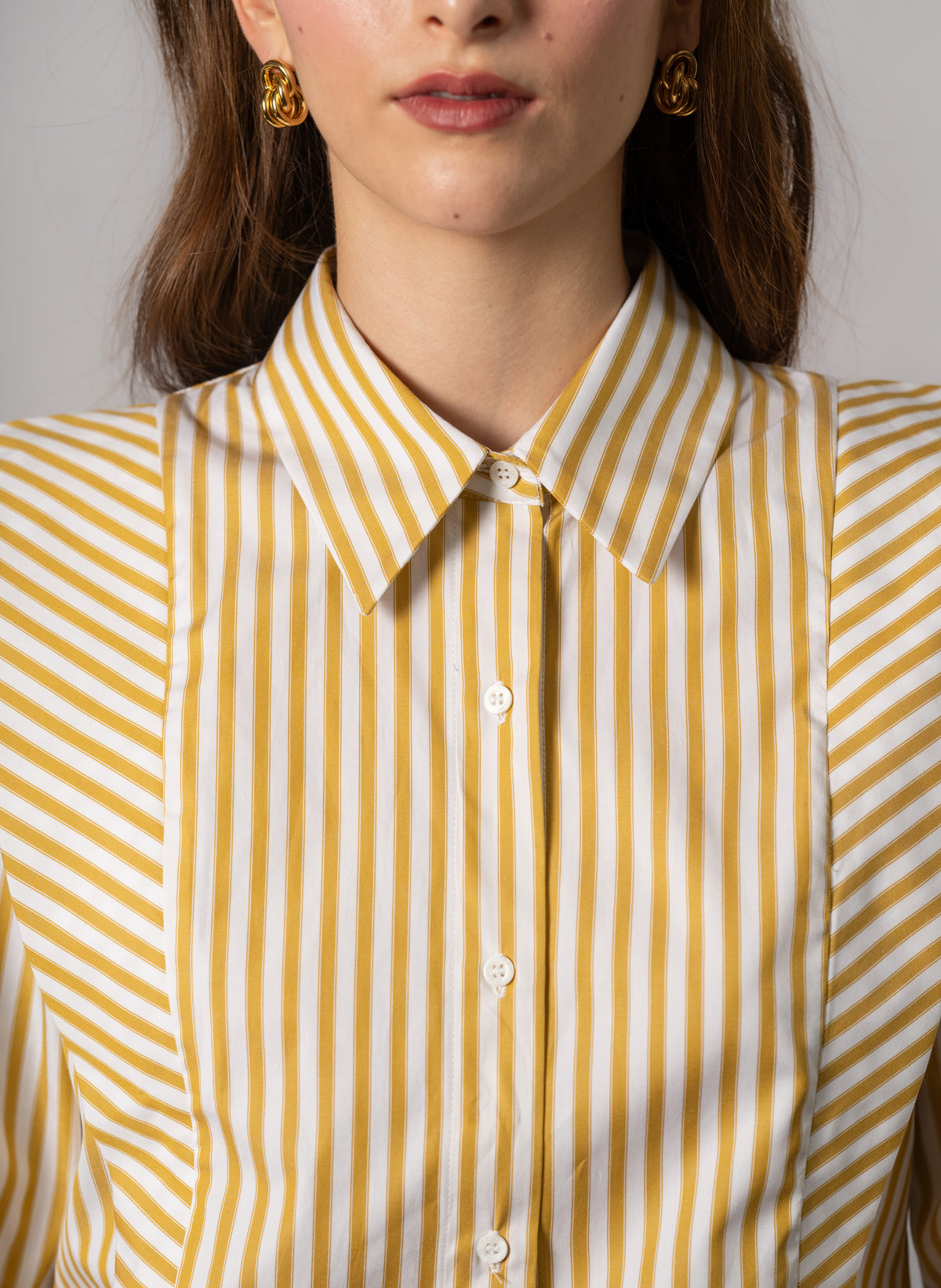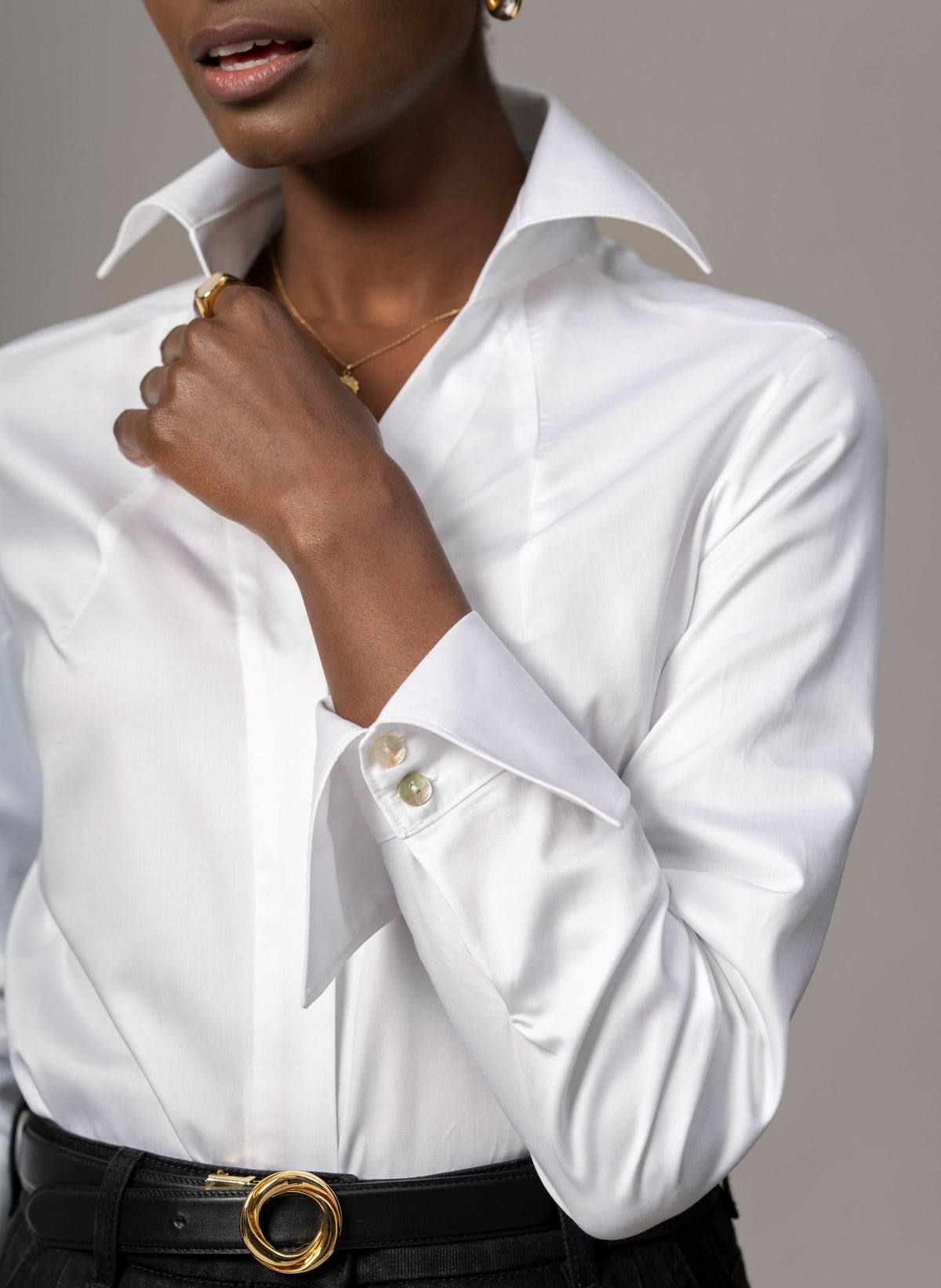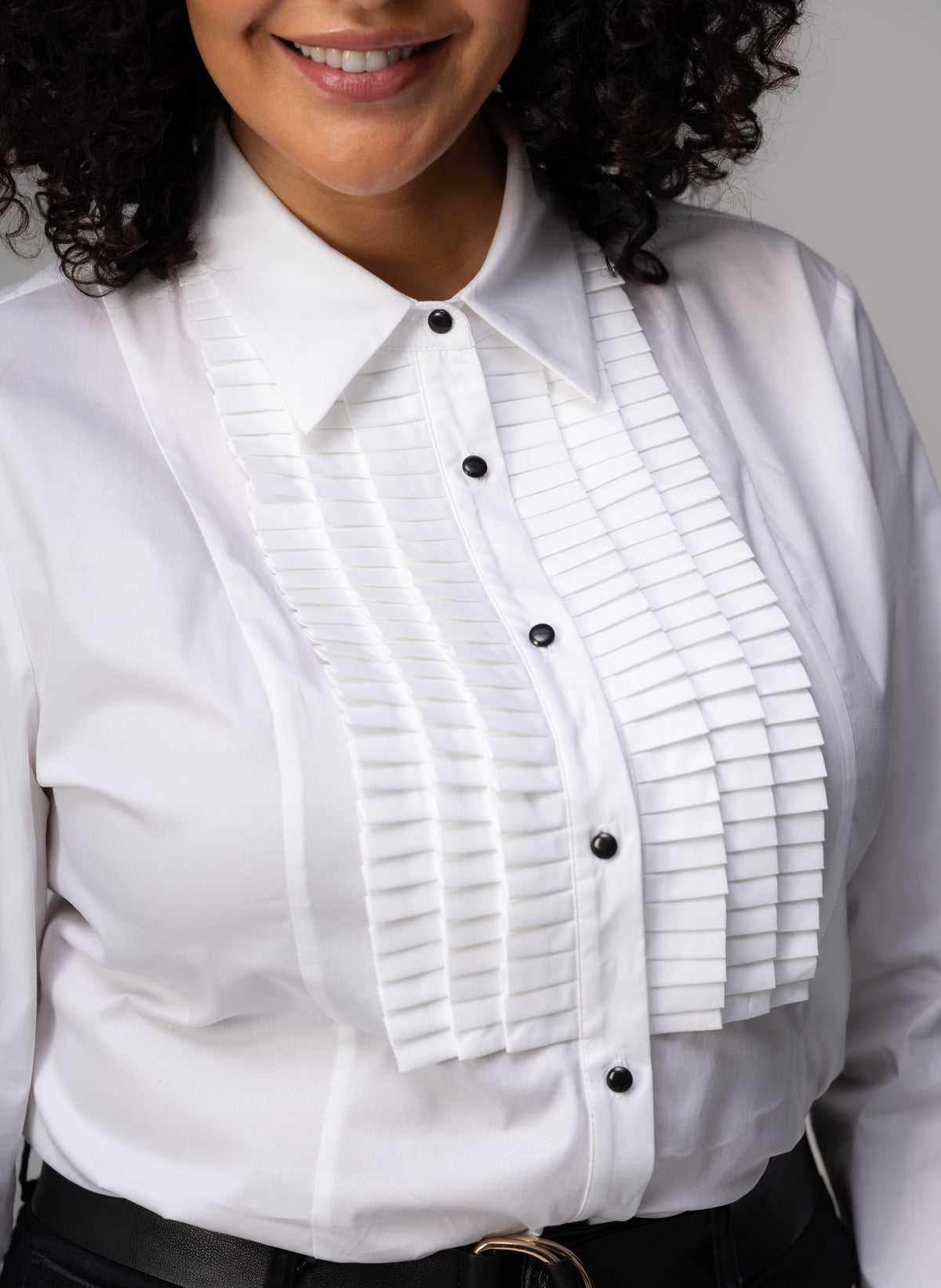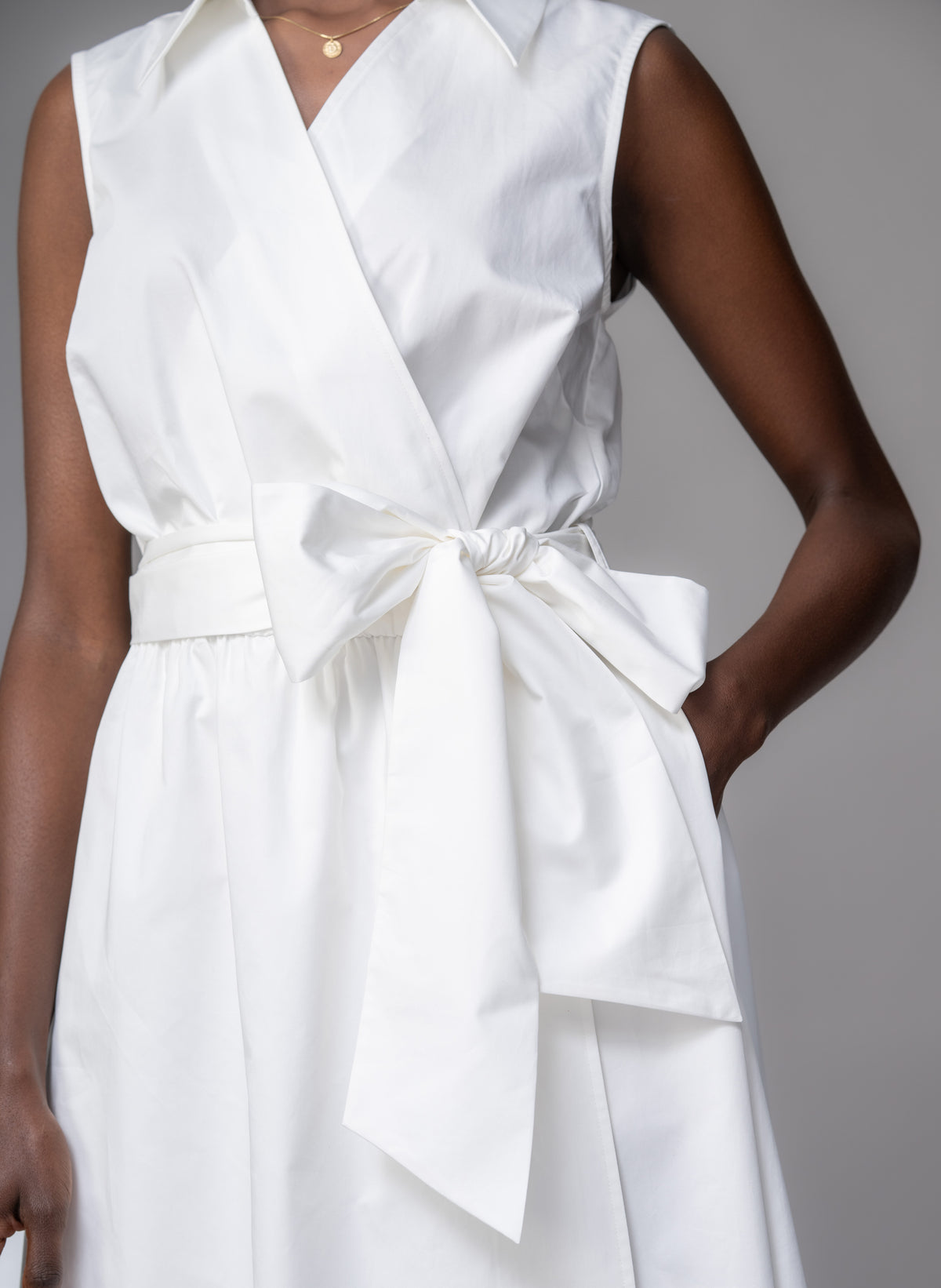How Fast Fashion's Resale Stunt is Exploiting Gen Z’s Environmental Angst
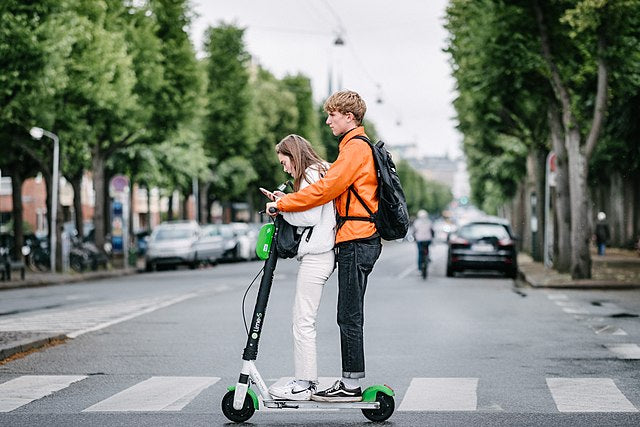
Gen Z inhabit an age of anxiety which permeates all areas of life. Thousands of eyes on them online demand an ever-shifting kaleidoscope of fashion fits, forming an uncomfortable dichotomy with progressive environmental attitudes.
Despite over 90 percent of Gen Z — categorised as people born between 1997 and 2012 — buying clothes from fast fashion brands, over 70% of 16-19-year-olds agree that sustainability is an important factor when purchasing clothes. This statistic drops to 20% when questioning 65-to-74-year-olds.
Dr Marc Duffy, an academic on the University of Sheffield study stated above explained that: ““Generation Z are increasingly concerned for the planet, with 94% believing that action is needed relative to sustainability, and that we need to come together to solve important issues.” Despite this, “the large proportion who admitted buying fast fashion demonstrates a clear gap between pro-sustainability ideologies and observed behaviour.”

Image credit: Wikicommons
This huge cognitive dissonance is illustrative of the forces at play which make Gen Z the most anxious generation to date. The American Psychological Association (APA) reports that 90% of young people report experiencing significant levels of stress.
It’s hard not to sympathise with the youngest generation. I’m a millennial (1987 to be precise) and the level of existential dread I felt about the hole in the ozone layer and deforestation as a teenager was unbearable. This environmental angst has been super loaded in recent years with headlines announcing that humans have wiped out 60% of animal life since 1970 — long before Gen Z were even a glint in their parents’ eyes. It can all feel a bit, well, hopeless, which does help to contextualise a nihilistic flop into fast fashion.
While there are brands out there that cater to Gen Z’s very universal teenage need to look on fleek, sustainable fashion can seem a bit fusty and this vacuum is being filled with some audacious greenwashing from the fast fashion providers themselves.

Image credit: Wikicommons
Some of the very providers who are responsible for overproducing unethical polyester clothes destined for landfill are now launching their own resale platforms, transforming the second hand space into a cynical greenwashing ploy.
Young people now have the opportunity to flog their unwanted garments on these platforms which hype up how responsible and sustainable they are — helpfully allying the deep environmental angst which wrestles with the pressure on young people to constantly showcase fresh looks.
Of course, circular fashion can truly be a sustainable and ethical model to adopt, but only if the amount of pieces produced is slowed, quality is upped and price points support fair labour practices.
For example, British brand Toast recently announced their new collection would have 20% less pieces in their sustainability roadmap, this degrowth decision paired with a clothes swapping and resale platform — Toast Circle, will have significant environmental impact.

Image credit: Wikicommons
From our inception, the goal of reducing consumption has been at the heart of The Shirt Company's ethos. Through creating timeless, elegant capsule wardrobe staples, our founder Donna's ideology centres around creating effortlessly stylish essentials. In Donna's own words:
"Every woman should have a few good white shirts. It's a garment which evokes effortless style and offers a sense of simplicity in the chaos of modern life"

Image credit: The Shirt Company
Unfortunately, pumping out the same volume of clothes, encouraging overconsumption and then slamming a resale opportunity at the end will not have the same effect. In the words of EriN Wallace of thredUP: “When it comes to fast fashion, layering resale into the product offering is just lip service when it’s not paired with a meaningful commitment to change.”
There are big bucks in resale as consumer attitudes are shifting to a more sustainable mindset and second hand is often touted as a greener way to shop. The demand is enormous. There has been a 275% increase in brand-related resale platforms with high fashion powerhouses and mid-range sports brands all clamouring for a slice of the pie.
It’s easy to see why fast fashion brands are preying on the anxiety of young people to grab a quick, easy dollar and get congratulated while doing so. Although Gen Z are ultimately in charge of the sources of their own consumption, it’s easy to see how confusing and deliberately misleading the landscape is for a 16-year-old — which is unequivocally not their fault.
Even as an adult, it can be hard to know where to turn to be ethical without breaking the bank. To end this article on a less fatalistic note, I have included a small guide to more sustainable brands which are likely to appeal to young people.
Lucy and Yak

Image credit: Lucy and Yak
Cute dungarees, jumpsuits and much more with a brand name that increasingly has streetcred value. They even make aprons and headbands with deadstock fabric so very little goes to waste.
Yes Friends

Image credit: Yes Friends
Simple cotton t-shirts and hoodies with affordable price points. Environmentally friendly and modern slavery free.
Nobody’s Child

Image credit: Nobodys Child
Current designs with a chic, fresh aesthetic. Made with organic or recycled fabric with Saturday job prices.
White Rose
Pre-loved secondhand fashion specifically curated and chosen for a younger market. Their physical stores feel fresh and modern and are more likely to appeal to young people than some more stale vintage shops.
Plant Faced

Image credit: Plant Faced
Cruelty free streetwear which has a vaporwave aesthetic centred around celebrating a plant based lifestyle. Certified vegan and organic.
Afends

Image credit: Afends
More sustainable streetwear from Australia which is focused around using eco-friendly and biodiversity encouraging hemp with Fabric waste re-incorporation initiatives.



